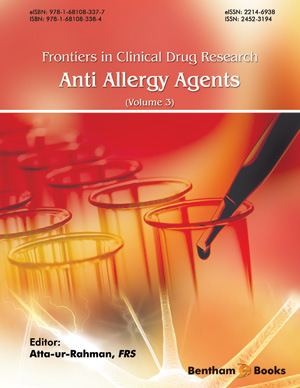Abstract
This chapter focuses on the effects of Allergic Rhinitis (AR) on communication skills of the patients. Since AR is one of the most common chronic diseases and a global health issue, it is important to focus on its effects on human communication process. Therefore, it affects patient’s daily life. We used literature review and the patient interviews for this study. The common symptoms of AR, which is a chronic disease and the treatment process goes on for a long time, are runny nose, nasal congestion, sneezing and itching. Preventive measures, medications and sometimes immunotherapy are needed for the patients’ well-being. Due to the nasal discharge and congestion, headache, sleep problems, and sometimes learning problems may be observed. In patients with AR, there are also behavioral signs; in order to relieve the irritation or flow of mucus, patients may do an action known as the "nasal salute" or the "allergic salute". AR mainly influences the psychological status of persons who may demonstrate psychological imbalance or affective or other psychological disturbances. Depression, social introversion and poorer psychological functioning were reported in allergic rhinitis patients. This chapter describes the effects of AR on communication skills mainly in three categories: physiological, psychological and behavioral. AR has effects on all of these categories, and brings emotional, mental and physical problems to the communication process.
Keywords: Allergic rhinitis, Behavioral effects, Communication skills, Emotional, Mental, Patients, Physical, Physiological effects, Problems, Psychological effects.






















